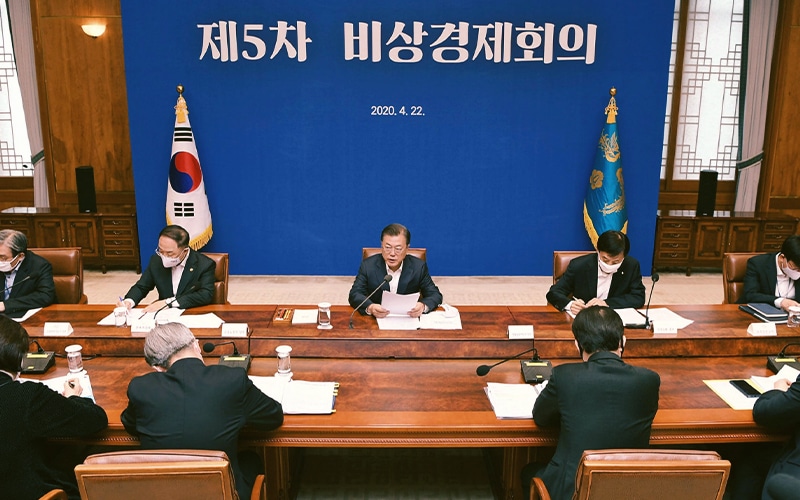Following the Luna crash and its stablecoin UST, the South Korean ruling party held an emergency meeting to discuss the issue.
In the meeting, representative Sung Il-jong of the ruling People Power Party said “We need to make exchanges play their proper role, and toward that end, it is crucial for watchdogs to supervise them thoroughly.”
“When exchanges violate rules, they should be held legally responsible to ensure that the market functions well without any troubles.”
The two day long meeting saw discussions about the counter measures which can be taken to prevent a similar market crash in the future.
The meeting was also attended by representatives of the five major exchanges, Upbit, Bithumb, Coinone, Korbit, and Gopax.
Most of the South Korean exchanges have delisted both of these tokens from their trading pairs. Around 280,000 Koreans are estimated to have invested in the now valueless Luna and TerraUST coins.
Only around a month ago, Luna’s market share was 50 trillion won, but is currently zero after TerraUST failed to maintain its $1 peg.
Financial Services Commission Vice Chairman Kim So-young said, “We are going to build close ties with the Ministry of Justice, the prosecution and police, in a bid to monitor any illegal acts in the industry and protect investors’ rights.”
Currently, the South Korean police are seeking to freeze the assets of the Luna Foundation Guard (LFG), a non-profit organization on suspicion of corporate fund misuse.
On the other hand, South Korean investors are mobilizing and reviewing their options to sue Kwon Do-hyung, the CEO of Terraform Labs. Terraform Labs is the developer of the Luna and TerraUST.
The downfall of Luna and TerraUST brought down the entire crypto market. Bitcoin prices fell by around 30 percent in less than three weeks following the crash.
Countries across the globe are shaken by this market behaviour and are working to regulate the crypto industry to put in place the proper systems and laws required to avoid a similar situation from happening again.






